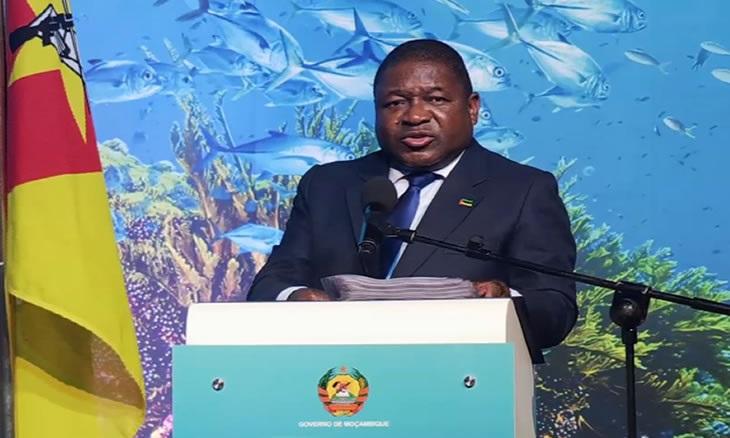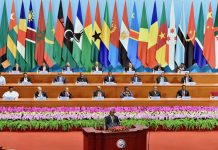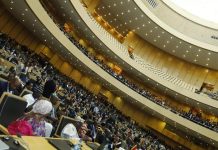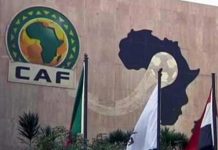Africa-Press – Mozambique. Mozambique’s President Filipe Nyusi on Thursday advocated a strong political commitment by African governments to marine conservation, warning of the impacts of maritime insecurity on the oceanic ecosystems.
“Criminal activities, such as piracy and trafficking, represent a potential barrier to the sustainable use of blue economy resources,” he said at the opening of the 2nd International ‘Crescendo Azul’ (Growing Blue) Conference, which is being held between today and Friday in Inhambane province, southern Mozambique.
Nyusi said adopting a regional legal framework is fundamental for Africa. This strategy ensures mechanisms for protecting marine life and sustainable exploitation of ocean resources on a regional basis.
“The protection of humanity is not only an environmental issue but also a political one (…). A strong political commitment must guide this action”, he stressed.
Of the 54 countries that make up the African continent, 38 are coastal countries, which places the continent as one of the main stakeholders in protecting the oceans.
“Acts of pollution, loss of biodiversity, overfishing, climate change and pressures on seas and oceans, arising from the increase in populations in coastal areas can be seen,” Filipe Nyusi warned.
He said that adopting a strategy for controlling the maritime area was fundamental for any strategy, and Mozambique took an important step when it decided to draw up the Situation Plan for the Planning of the National Maritime Space (POEM).
Among other aspects, the mechanism seeks to establish maritime planning and define lines of jurisdiction, respecting management principles and promoting sustainable exploitation.
The 2nd edition of the International Conference started today with over 1,500 people in Vilanculos, Inhambane province, to promote an economy based on the oceans, debating mechanisms for protecting biodiversity in Mozambique.
Although Mozambique has low levels of pollution and about 2,700 kilometres of coastline, it is one of the most vulnerable countries to climate change, facing cyclical flooding and tropical cyclones.
This places the country among those most interested in halting global warming, rising oceans and the proliferation of extreme weather events.
However, the challenges are enormous in the face of high poverty rates and the ambition to achieve an industrialised economy at a time when some fossil fuels (such as coal and gas) remain among the main export products.
For More News And Analysis About Mozambique Follow Africa-Press






